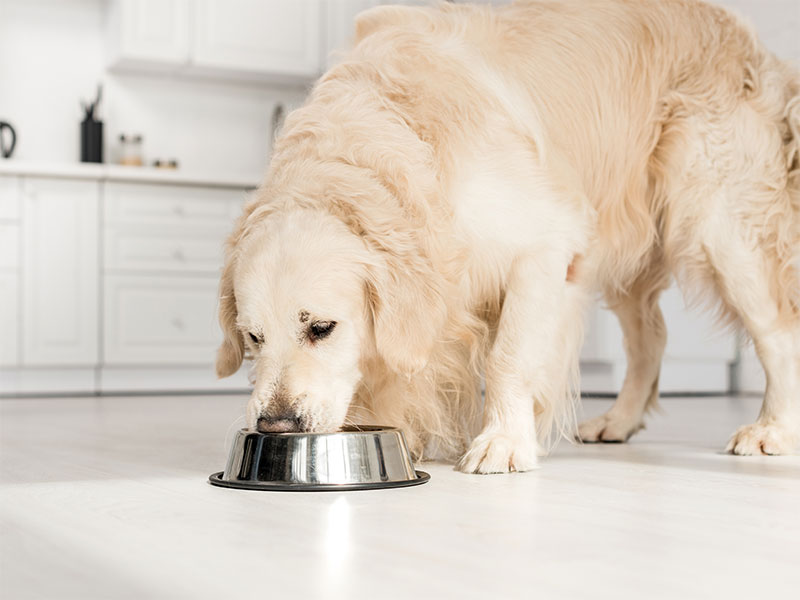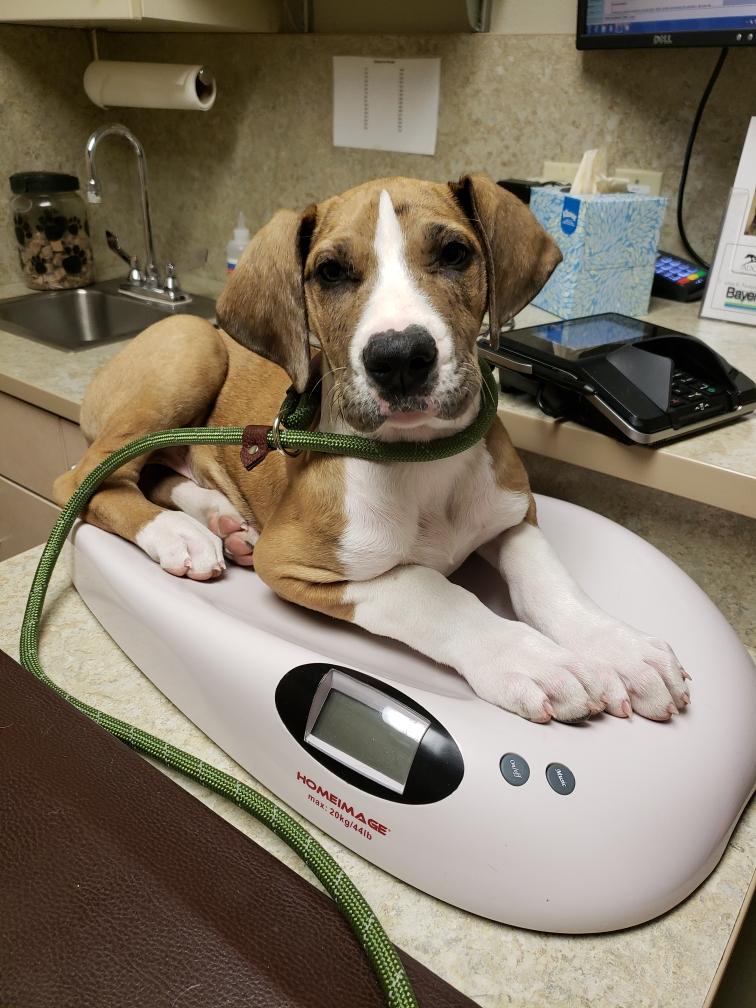
Battling the Bulge: Understanding Pet Obesity and How to Keep Your Furry Friend Healthy
The Pet Obesity Epidemic

Five Major Problems Associated with Pet Obesity
1. Joint Problems
Excess weight puts immense stress on your pet’s joints, which can lead to conditions like osteoarthritis. Painful joint issues can limit your pet’s mobility and diminish their overall well-being.
2. Diabetes
3. Heart Disease
4. Respiratory Issues
5. Reduced Lifespan
Managing Your Pet's Weight
• Balanced Diet: Consult with your veterinarian to determine the right type and amount of food for your pet. Avoid feeding them table scraps and high-calorie treats.
• Regular Exercise: Engage your pet in regular physical activity. This could include daily walks, playtime, or other fun activities that keep them moving.
• Portion Control: Measure your pet’s food portions and avoid free-feeding. This will help you ensure they’re not consuming too many calories.
• Regular Check-ups: Schedule regular check-ups with your veterinarian to monitor your pet’s weight and overall health. They can provide guidance on weight management and diet adjustments.
• Behavior Modification: If your pet is already overweight, consult your vet for guidance on behavioral modification techniques and specialized weight-loss programs.
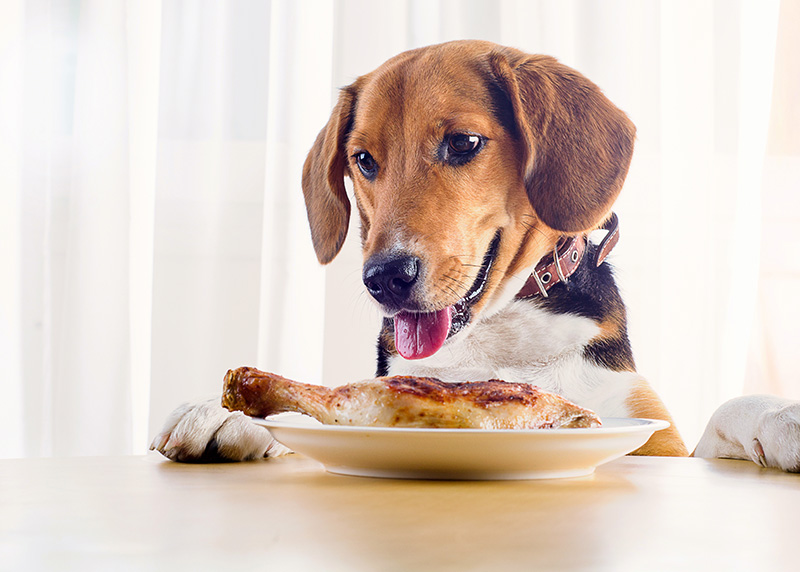
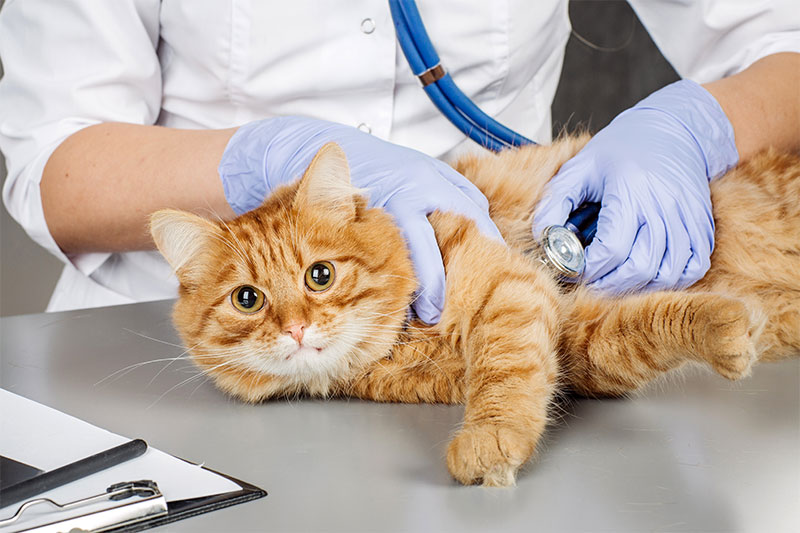
Manage Pet Obesity and Ensure a Healthier, Happier Life for Your Pets
Pet obesity is a critical issue that affects millions of pets and reduces their quality of life. By understanding the risks and taking proactive steps to manage your pet’s weight, you can ensure a happier, healthier life for your furry friend.


